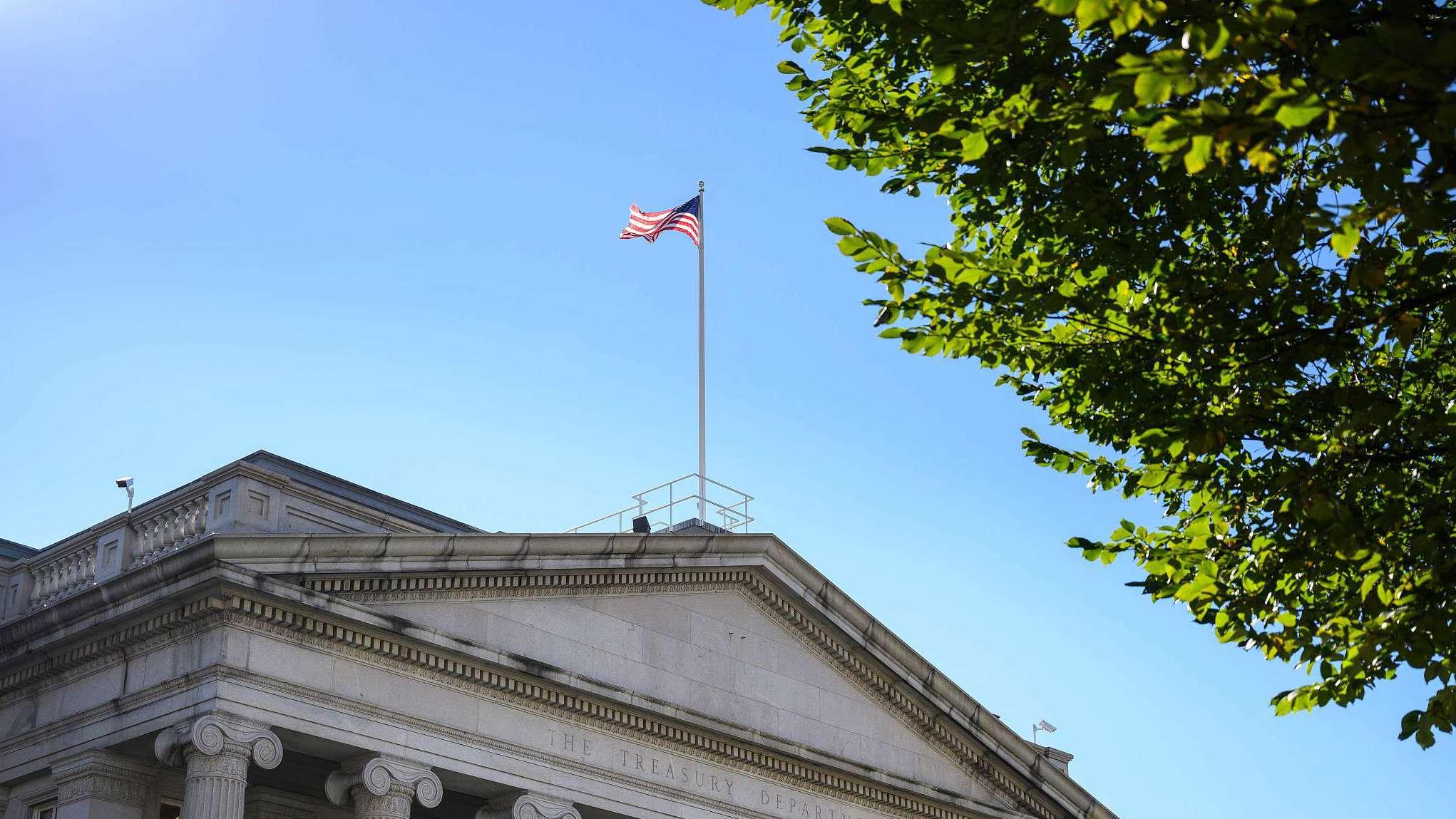WASHINGTON, Nov. 2 (Xinhua) -- The U.S. administration announced Friday it will snap back sanctions on Iran that had been lifted under the historic 2015 Iran nuke deal, but eight nations would be given temporary waivers.
A statement issued by the White House said the sanctions, to fully take effect on Nov. 5, would be "the toughest" and "unprecedented," targeting many of the country's "critical sectors" including energy, shipping, shipbuilding and finance.
"Over 700 individuals, entities, vessels, and aircraft are going back onto our sanctions list, including major Iranian banks, oil exporters, and shipping companies," it read. "The sanctions also target transactions with the Central Bank of Iran and designated Iranian financial institutions."
However, sales of food, agricultural commodities, medicine, and medical devices to Iran "have long been --and remain -- exempt from our sanctions," said the White House.
The reimposed sanctions would "cut off revenues the regime uses to bankroll terrorist groups, foment global instability, fund nuclear and ballistic missile programs, and enrich its leaders," the White House added, quoting U.S. President Donald Trump as saying that "the United States has launched a campaign of economic pressure to deny the regime the funds it needs to advance its bloody agenda."
While announcing the sanctions, the White House blasted the Iran nuke deal again, saying it was "disastrous" and "unacceptable."
It also said the sanctions "will target those who attempt to violate or circumvent them."
"Those who have failed to wind down sanctionable activities with Iran risk severe consequences," it said. "The Administration has already issued 19 rounds of sanctions, designating 168 Iran-related persons" and "is pressing other importers to reduce to zero as quickly as possible."
Earlier on Friday, U.S. Secretary of State Mike Pompeo and Treasury Secretary Stephen Mnuchin told the media in a press briefing via a teleconference hosted by the White House that all nations that still buy Iran's oil and do business with blacklisted Iranian entities will be punished under the sanction regime, except the eight nations that will be given temporary waivers.
Mnuchin said some 700 Iranian companies and people would also be sanctioned.
The sanctions were "aimed at fundamentally altering the behavior of the Islamic Republic of Iran," said Pompeo. "Maximum pressure means maximum pressure."
However, U.S. officials have not revealed the names of eight countries getting waivers.
Bloomberg had reported earlier on Friday that India, Japan, South Korea and Turkey would be among the lucky ones. These nations would be allowed to continue to purchase Iran's oil products temporarily, but they have to cut the imports till they are down to zero, as Pompeo explained that they had made efforts to cut their imports but could not complete the task by Monday's deadline.
Still, the White House noted that "the United States is confident that energy markets will remain well supplied despite Iranian oil export reductions," explaining that "from August 2017 to August 2018, United States crude oil production increased by 2.1 million barrels per day and exports increased by over 700,000 barrels per day, adding to market liquidity."
"Over the next year, United States production will increase by one million barrels per day or more," it added. "We are working with oil producers around the world to increase their supply as well."
After leaving the Iran nuke deal in May, the U.S. government on Aug. 7 re-imposed sanctions on Iran on non-energy areas, such as the automotive sector, trade in gold, and other key metals.
The Trump administration has also tried to delegitimize the Iranian government and vowed to press other nations to isolate Iran.
For its part, Tehran has said that the U.S. side is unreliable and it will not talk with Washington.


